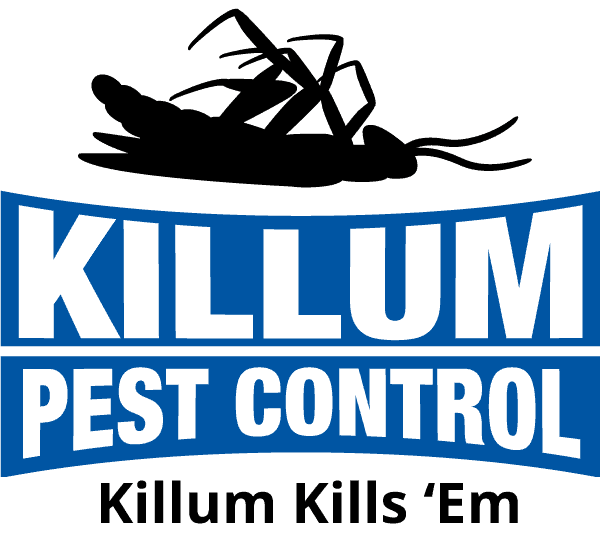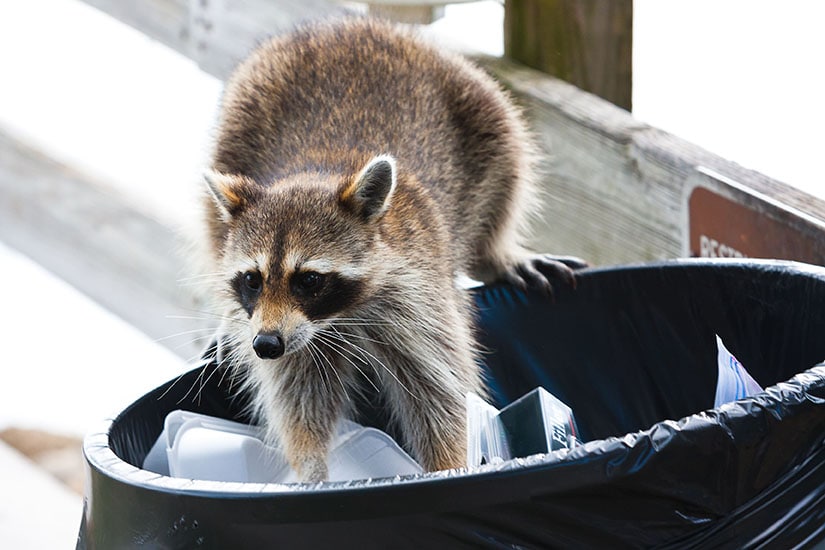Raccoons are smart, quirky animals that may be fun to observe from afar, but they’re not creatures you want to share space with. They dig through your trash, destroy your lawn, cause damage to your home and even transmit diseases that can be dangerous for you and your domestic pets. Since Texas has so many heavily wooded areas, there is a large population of raccoons here and they can easily become a nuisance.
Do you have a Raccoon Problem?
Raccoons are nocturnal, so their presence can be difficult to detect. The best way to tell that you have a raccoon problem is to notice the clues they leave behind.
- Evidence of feeding. Raccoons are messy, ravenous eaters, and they leave a trail behind after mealtime. Common signs of raccoon feeding include knocked over trash cans, empty, spilled, or moved pet food bowl, disturbed compost piles, and empty or broken bird feeders.
- Droppings. Racoon droppings are cylindrical with broken or rounded ends. They tend to be dark in color, although the color varies depending on the animal’s diet. The scat typically contains berry seeds and may contain signs of trash.
- Strange Sounds. You may notice strange sounds around your property at night. Raccoons make noises that include mewing, whistling, and growling.
Tips for Keeping Your Home Raccoon-free
The key to keeping your home raccoon free is to eliminate the things that attract raccoons in the first place. Step one: eliminate any food source.
Secure your trash. Make sure your garbage cans are securely closed with lids that are tightly fitted. Use trashcans that are made of heavy materials such as metal and hard plastic. If possible, keep your trash cans in a garage or closed outdoor shed, whenever possible.
Homemade raccoon repellent. Raccoons have highly sensitive noses and are easily deterred by certain smells, like pepper. In a sprayer, mix a gallon of water together with a few drops of liquid dish soap and powdered cayenne pepper. Spray outdoor areas to keep raccoons and other pests away.
Remove pet and bird food. Any pet food or bird food outdoors should be brought in each night.
Motion-activated sprinkler. This may be a more involved solution, but another deterrent would be to install a motion-activated sprinkler. These sprinklers are activated by creeping critters in your yard. After a few surprising encounters with this and raccoons will learn to stay away.
Raccoon Removal
While you could try and catch and release a raccoon yourself, we highly recommend leaving this to a professional, as raccoons carry rabies and other diseases like roundworms. Killum Pest Control is qualified to capture and relocate raccoons and other wildlife. When it comes to raccoon control, we can take care of your situation in an efficient and timely manner, contact us today for a free quote.





